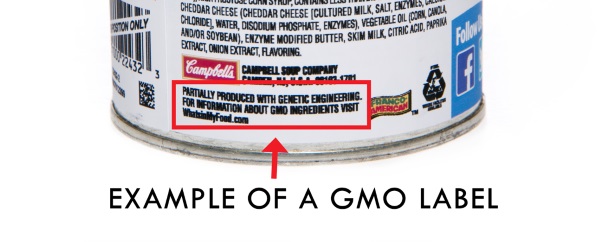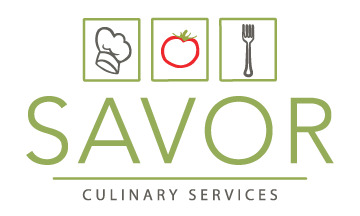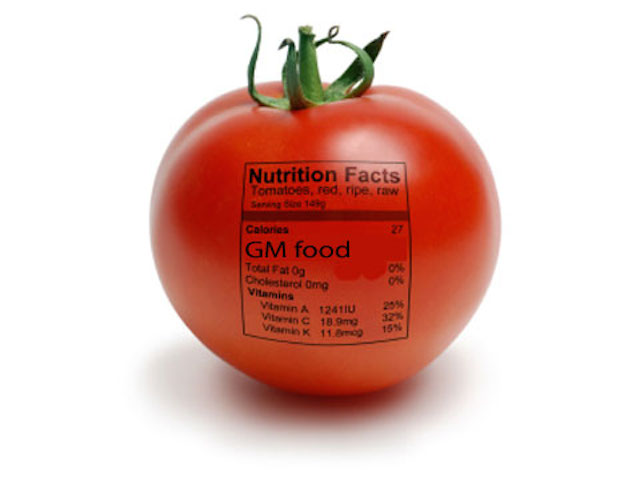
Last month, Campbell’s became one of the first brands to label their products made with GMOs. 91% of Americans have been vouching to mandate proper labeling for these products, and Campbell’s has paved the way for other brands to follow their lead. There has been a lot of talk about GMOs for years but do you really know the facts? I’ve collected some interesting information and wanted to share it with you.
What are GMOs?
Most people might not know that the word “GMO” stands for “Genetically Modified Organism” but did you know you’re probably eating them at every meal? Little did you know that the sugar in your morning coffee probably has been genetically modified. You wouldn’t know this, because GMOs have not been labeled in the past. GMOs are plants that have been injected with a gene from an unrelated species in order for it to have certain characteristics. Some might be genetically engineered to develop a resistance against insects or to increase nutrients. Proponents of GMOs say that it leads to less herbicide spraying, but the University of Washington study has shown that is has led to increased spraying because these GMOs have created “super weeds” and “super bugs” that are resistant and require even more toxic chemicals to kill.
What Foods Contain GMOs?
About 165 million American acres have been planted with GMO crops. According to the Non-GMO Project, in the U.S. there are GMOs in as much as 80% of conventional processed foods (especially since most processed foods contain soy). The most commonly genetically modified foods include corn, canola, soybean and cotton. GMOs are not allowed in organic products meaning an organic farmer can’t plan organic seeds and their organic cows can’t eat GMO corn or alfalfa.
Are GMOs Safe to Eat?
This is the core of the GMO debate. Are they safe to eat? Other countries like Europe and China require mandatory labeling and even ban GMOs. The FDA says that GMOs are regulated just like any food product, but non-GMO supporters claim that when food is genetically modified, it affects its nutritional value, and can create allergens or toxins.
Are GMOs Necessary?
Some have claimed that GMOs will help feed the world. While these crops did produce increased yields within the first few years or so under perfect conditions, the Rodale Institute’s study showed that organic methods produces similar results in the long run.
We’ll leave it up to decided whether you think GMOs are safe or not, but here is a list of Non-GMO foods you can shop for if you’d prefer.
Hungry for more? Get more healthy tips, recipes and all things food related! CLICK HERE

